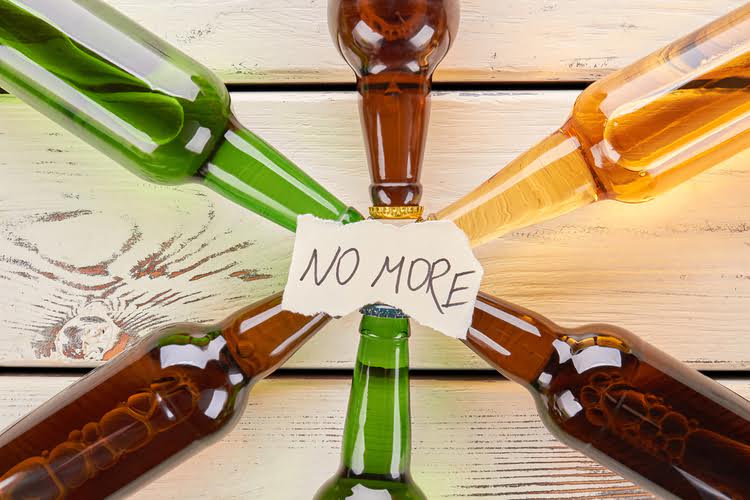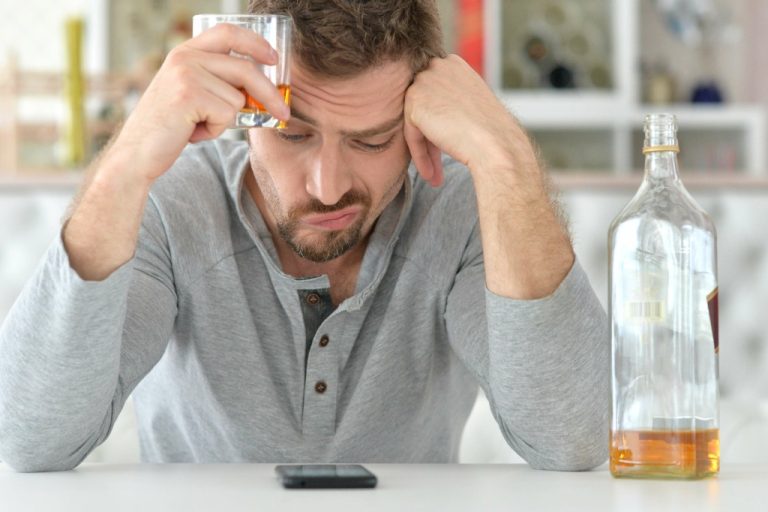These symptoms can include hallucinations or seizures, both of which require immediate medical attention. A medically supervised detox program offers the medical support needed to ensure that you withdraw from alcohol as safely and comfortably as possible. Detox programs can last anywhere from one to 10 days and are generally offered in a medical environment, such as a hospital or treatment facility. However, alcohol can lessen the ability of Lexapro to treat the symptoms of depression.
Salloum 2011 published data only
- It is important to be aware of the potential risks and to consume alcohol in moderation, if at all.
- The co‐occurrence of major depression in people entering treatment for alcohol dependence is common, and represents a risk factor for morbidity and mortality, which negatively influences treatment outcomes.
- Studies assessed compliance as the return of unused medications (six studies), trough plasma concentrations (two studies), and use of an electronic monitoring device that recorded the date and time of bottle cap openings (two studies).
For instance, depression may be the first disorder and is a risk factor for the development of excessive alcohol consumption and the progression to alcohol dependence. In this case, depression is defined as the primary disorder and alcohol dependence is the secondary disorder (Schuckit 2006). However, when the two conditions are of significant http://superfilmec.ru/warez/50129-va-trap-music-vol8-2013-trap-mp3.html duration or severity, both require treatment for as long as is necessary (Schuckit 2006). Antidepressants were compared to placebo (22 studies), psychotherapy (two studies), other medications (four studies), or other antidepressants (five studies). Eighteen studies took place in the USA, 12 in Europe, two in Turkey, and one in Australia.
Risk of bias in included studies

Some physicians allow their patients occasional to moderate drinking while on antidepressants. However, patients should speak with their doctor first before drinking while on any medication. Some do allow their patients moderate alcohol consumption based https://jugmedia.info/companys-logo-designed-by-a-brand-design-agency/ on the lack of conclusive evidence for any adverse effects. Moderate alcohol consumption typically refers to two drinks per day for men and one drink per day for women. One drink is equal to 12 ounces of beer, 5 ounces of wine, or 1 ounce of hard liquor.
- He adds that because alcohol decreases Lexapro’s therapeutic effects, the depressant effects of alcohol could also lead someone to have suicidal thoughts or take action on those thoughts.
- It is used to treat major depressive disorder and generalized anxiety disorder.
- And Helsinki Health Center Research Fund We thank the personnel of the Annankatu, Töölö, and Malmi A-clinics for their assistance with subject collection; Sirpa Päivinen for the data filing; Petri Hyytiä for graphs; and Henna Ahtinen (Medikalla Oy, Medfiles) for statistical advice and analysis.
Oslin 2005 published data only
- Some studies supported the efficacy of zimilidine and citalopram in alcoholics [18-20].
- Over time, you can also build a tolerance to the temporarily relaxing effects from alcohol.
However, other outcomes such as the rate of abstinent days did not differ between antidepressants and placebo (9 studies, 821 participants, MD 1.34, 95% Cl ‐1.66 to 4.34; low‐quality evidence). Indeed, antidepressants improve only some outcomes (i.e. the number of abstinent http://ynik.info/2014/01/31/poleznye_jady.html participants and the number of drinks per drinking days) and not others (e.g. the rate of abstinent days). Four previous non‐Cochrane systematic reviews evaluating pooled data with meta‐analyses have been identified (Foulds 2015; Iovieno 2011; Nunes 2004; Torrens 2005).

Can you Drink Alcohol on Lexapro?
Adamson 2015 published data only
Increased drinking, craving alcohol
()